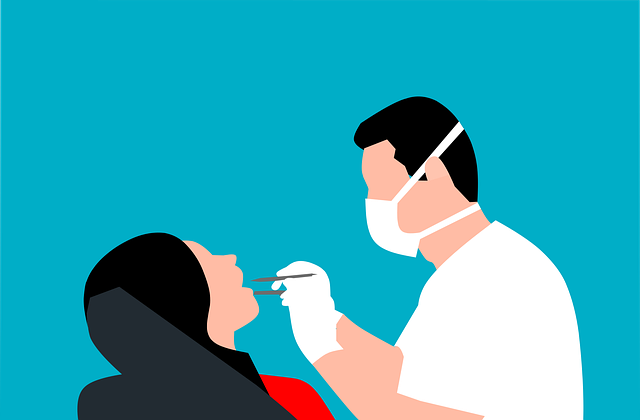Dental professionals face numerous stressors in their day to day work including reimbursement concerns, practice management issues, financial pressures, paperwork demands, uncooperative patients, physical demands inherent in delivering oral health care, and tightly booked schedules. Dental professionals often have personal characteristics like perfectionism and prioritization of others’ needs that in conjunction with the day to day work stressors can lead to dental professionals vulnerable to distress, burnout, and mental health disorders. This stress endemic is discussed in the article “Anxiety, depression, and the impact on dental health care workers,” written by Maria L. Geisinger and Stacey L. Dershewitz appearing in the Journal of the American Dental Association (vol. 153, no. 8, pp. 734-736, Aug. 01, 2022). The article also discusses how dental professionals can improve identifying and preventing mental health disorders.
The authors feel that mental health disorders can have severe impacts on dental health care workers and therefore dental healthcare workers should evaluate the impact of such disorders on the dental community and patients. The authors state that the COVID-19 pandemic has exacerbated societal and occupation-specific stressors that dentists typically face. This stress can take a negative toll on one’s health and eventually lead to burnout. The authors feel that dental practices should use tools to allow for in-office anxiety and depression screenings. Identifying these situations can help establish the prevalence of mental health disorders and also help assess the potential impact which may be beneficial for both patients and providers. The authors also suggest that dental professionals look at themselves more carefully to identify possible signs and symptoms of mental health disorders and help reduce the impact of stress for the denttal community. They caution that long-term stress can negatively impact the digestive, immune, cardiovascular, reproductive systems, and attentional. Further this stress can lead to anxiety and depression.

The authors propose six tips to improve the identification and prevention of mental health disorders among dental professionals along with to help to ease access when treatment occurs:
- Dental professionals should use information that is accessible through local, state, and national dental organizations to put them in touch with mental healthcare providers.
- Dental professionals should seek continuing education courses on mental health and self-care.
- Dental training programs should include teaching on how to recognize the signs and symptoms of distress, stress, and burnout.
- Dental professionals should encourage peer support programs that discuss mental health and self-care.
- Those who work with dental professionals should place a greater emphasis on developing and monitoring self-care plans for them.
- Systematic efforts should be made to reduce mental health treatment barriers for dental professionals.
The authors feel that all members of the dental team should be operating in an environmental that allows honest discussion about mental health. They feel that the current observations about mental health taking more of a toll on dental professionals in recent years should serve as a call to action. Dental professionals are committed to providing quality dental care to their communities and as such it is crucial that they are aware of mental health disorders and their impact.
